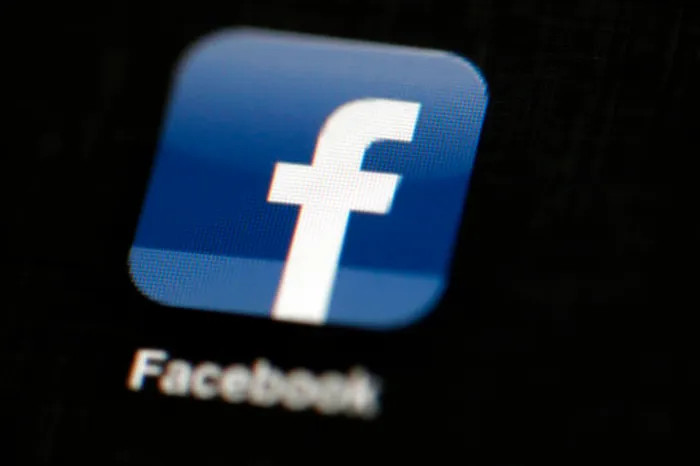Parents urged not to post images of kids on social media

File photo: Matt Rourke/Reuters File photo: Matt Rourke/Reuters
The NSPCC children’s charity has urged parents to think twice about posting photographs of their children on social media.
In light of a recent study, which reports that one in five parents upload images of their kids at least once a month, experts in child safety have raised their concerns.
A spokesperson explained the dangers of creating a digital footprint for your child so early on, stressing the importance of asking them for permission before posting any pictures or videos of them online.
“For very young children, think about whether they would be happy for you to post, or if it will embarrass them. If you aren’t sure, it’s best not to post,” she told the BBC.
Over half of the parents, 1 000 surveyed by YouGov claimed that they avoid posting these kinds of images, or “sharenting,” as it’s been coined.
Eighty-seven percent of them felt that their children’s lives should remain private, while 38% explained that their offspring wouldn’t want to be featured on their parents social profiles.
“I avoid posting pictures of my children on social media,” Justine Roberts, founder and chief executive of Mumsnet, told The Telegraph.
“I don’t have a Facebook account. It’s very tempting, but as soon as you post photographs, no matter how strict your security settings, you no longer have complete control over what happens to them.
“It can help to get into the habit of thinking ‘what would my child think about having their classmates stumble on this when they’re 15?’. Generic cute photo, probably fine, splashing about in the bath, they might be less comfortable with.”
Out of those who do choose to share, 80% restrict who is able to see them, Ofcom’s consumer director Lindsey Fussell told the BBC.
Moreover, 52% insisted that their kids would approve of them sharing pictures and videos of them online, with just 15% expressing concerns about what they might think when they are older.
The report also examined selfie culture, revealing that respondents took six photographs of themselves for every selfie posted and that nearly half of them made use of filters and face-enhancement apps.
Seventy-four percent admitted that the self-portraits they posted presented “rose tinted” visions of themselves.